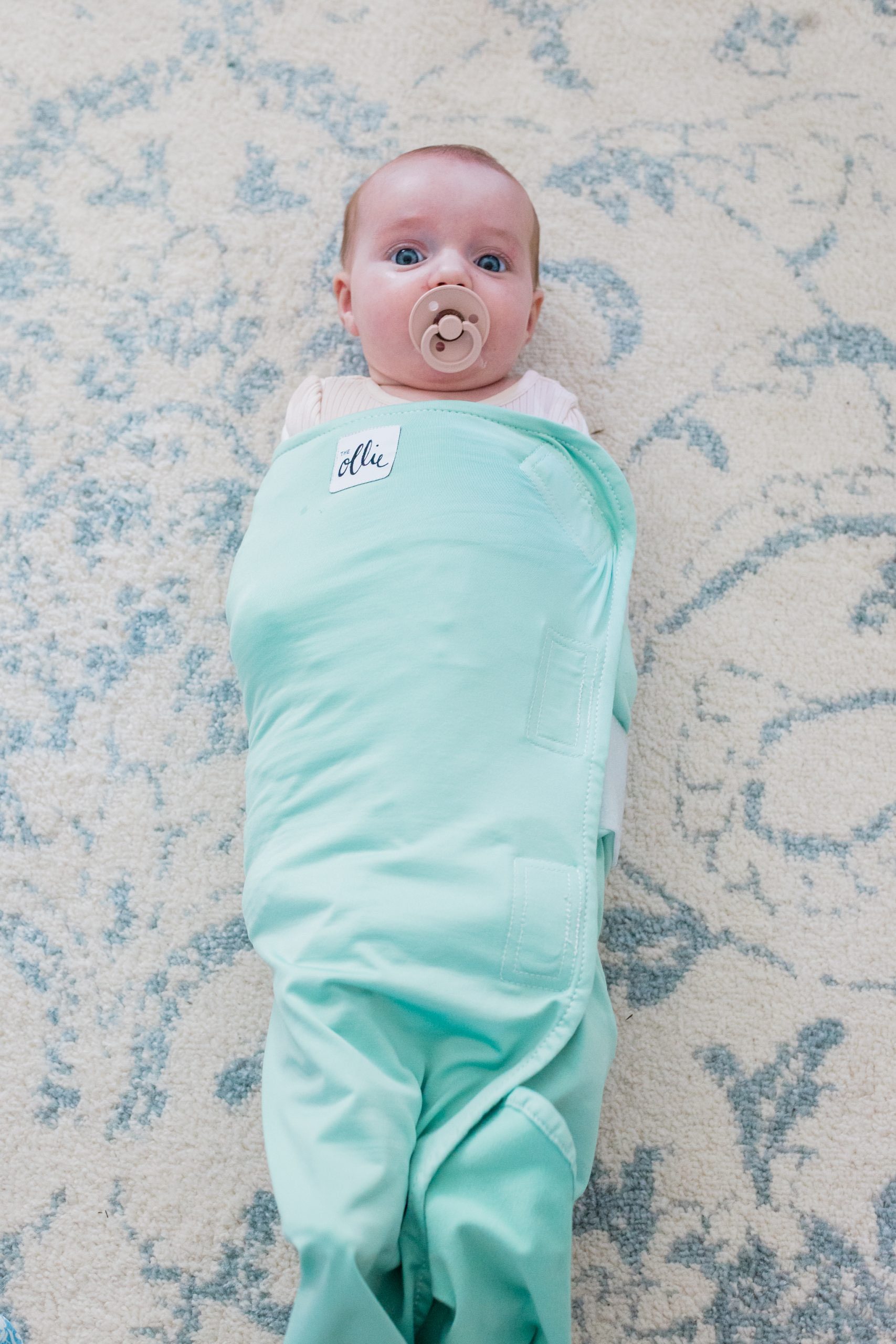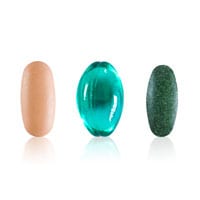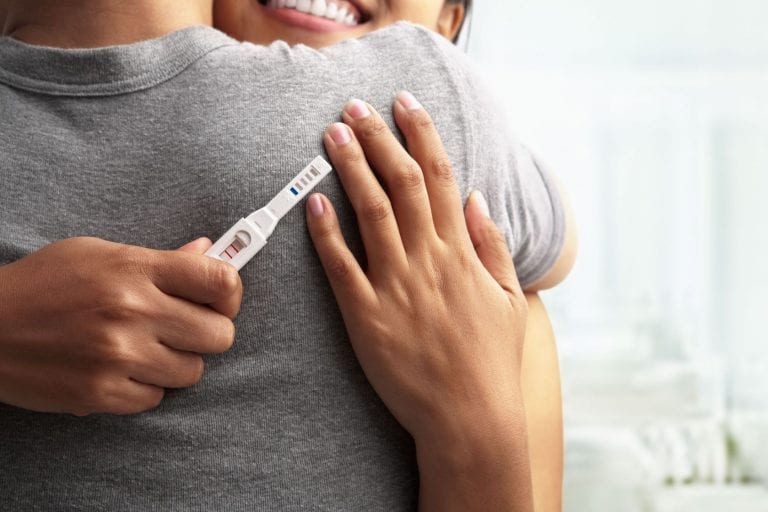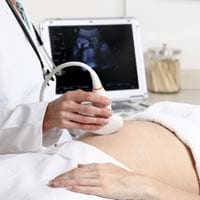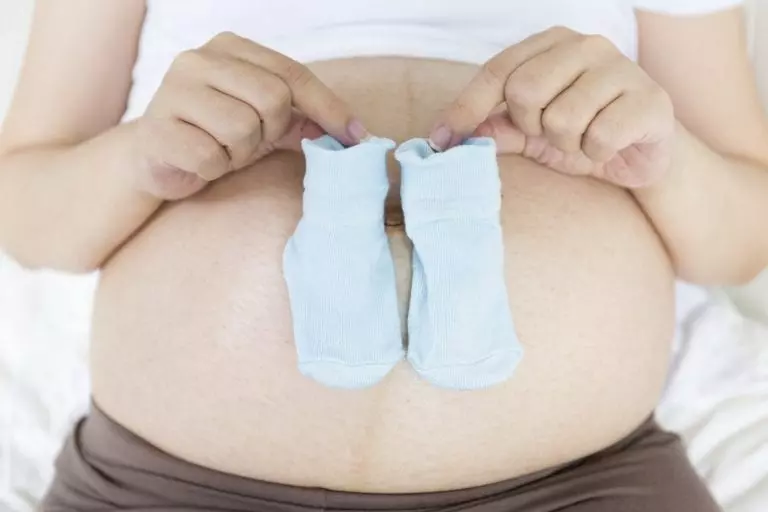During pregnancy, your body needs additional vitamins and minerals for you and your growing baby. A daily prenatal vitamin is your insurance against any deficiencies from conception through pregnancy and breastfeeding.
Start prenatal vitamins before conceiving to support baby’s earliest development. Your prenatal should have at least 400mcg of folic acid to prevent neural tube defects, which occur in the first 28 days of pregnancy–often before you even miss a period.
Vitamins, Minerals & More
Folic Acid
Folic acid is the synthetic form of the B vitamin folate, which is found in leafy greens. Some prenatal vitamins have 800mcg of folic acid, which is safe and helps prevent birth defects. If you’ve had a pregnancy affected by a neural tube defect you may need even more folic acid.
DHA
Want to nourish a smarter baby? Many prenatal vitamins include DHA (docosahexaenoic acid), an omega-3 fatty acid that promotes baby’s brain and eye development. Salmon, walnuts and flax seeds are good sources of omega-3.
Vitamin D
You need 600 IU/day of vitamin D during pregnancy. Most prenatals have 400 IU, so you’ll need to supplement. Excessive amounts of vitamin D can be too much of a good thing—don’t exceed 2,000 IU to 4,000 IU a day.
Calcium
Calcium helps protect against bone loss during pregnancy—super helpful when you’re growing another skeleton! Get 1,000mg per day. If dairy’s not your thing, eat calcium-rich foods like broccoli, kale, white beans and oranges.
Vitamin B6
It ain’t easy being queasy. Vitamin B6 can ease nausea and morning sickness; experts advise 50mg of B6 daily.
Iron
If you’re prone to iron deficiencies, choose a prenatal with a higher level of iron; just know iron can cause nausea and constipation. If you’re not anemic, get at least 27 mg/day. Find it in lean red meats, chicken, fish, dried beans and peas and prune juice. Absorb iron better when you eat these foods with vitamin C-rich including tomatoes and citrus fruits.
Choose Wisely
Not all prenatal vitamins are created equally, and not all supplements have been tested for safety in pregnant women. Choose your prenatal carefully and stick to meeting your basic needs—think maximum impact with the minimum number of daily supplements.
For example, too much vitamin A can be harmful to your baby and is often reduced in prenatals, which is one reason why a regular multivitamin just won’t work during and after pregnancy.
And prenatal vitamins won’t make up for poor eating—get the nutrition you and your baby need each day through your food.
Does your throat close at the thought of swallowing a capsule? Look for a chewable, liquid or even gummy prenatal vitamin.
What You Need from Your Prenatal Vitamin
Vitamin
Amount Folic acid 400 mcg Vitamin D 400 IU Vitamin C 70 mg Vitamin B12 6 mcg Vitamin E 10 mg Thiamine 3 mg Riboflavin 2 mg Niacin 20 mg Zinc 15 mg Calcium 200 to 300 mg Iron 27 mg,


